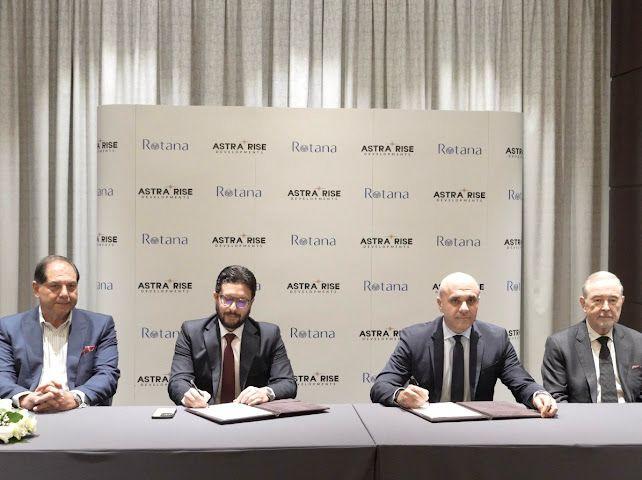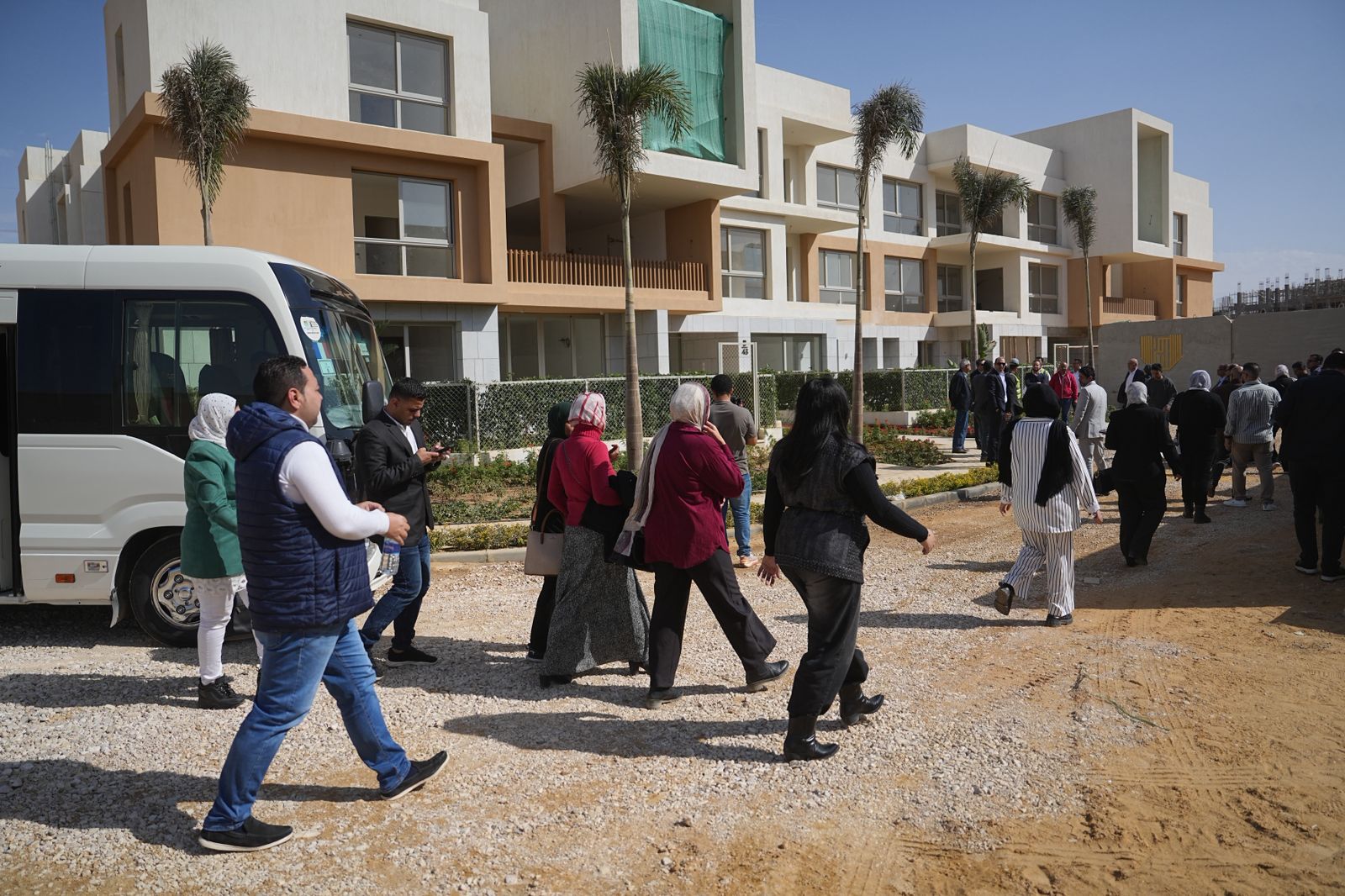Dubai- Massader News
A group of US Senators has asked the Trump administration to grant sanctions waivers to Lebanon in order to continue importing electricity from Syria, according to a letter obtained by Al Arabiya English on Tuesday.
The three senators – Jeanne Shaheen, Tim Kaine and Chris Murphy – signed the letter that called for Lebanon to be exempt from sanctions under the Caesar Syria Civilian Protection Act, also referred to as the Caesar Act.
“While we understand the controversial aspects of this proposal, we urge you to consider Lebanon’s geography and the regional difficulties facing the small country in reviewing this request. Lebanon’s power grid is connected only to Syria, and electricity imports from other regional states must occur through Syria,” the letter said.
The senators added that Lebanon previously attempted to purchase electricity through other states, like Egypt and Jordan, “however the Syrian government has not allowed these agreements to come to fruition.”
Despite being a strong advocate of sanctions against Lebanon over the role of Iran-backed Hezbollah, Shaheen is pushing ahead with calls to shield Lebanon from unintended repercussions of the Caesar Act.
The legislation, which went into effect in June, looks to cut off all forms of revenue from reaching Syrian President Bashar al-Assad’s regime and its allies. It also threatens to impose sanctions on anyone who does business with the Assad regime.
Lebanon’s power stations use expensive heavy fuel, and state utility Electricite du Liban (EDL) cannot afford to provide 24-hour power, leaving consumers to rely on costly private generators.
However, Lebanon imports up to 276 megawatts of power from Syria under an agreement between Beirut and Damascus that was initially signed in 1995.
Without that potential supply, Lebanon would have to rely more heavily on the diesel generators that provide power for most of the country when state-provided electricity is cut, Marc Ayoub of the American University of Beirut previously told Al Arabiya English.
During the summer, when demand usually spikes, Ayoub said, the country might see an additional 100- to 150-megawatt power deficit if the option to import from Syria is not there. As of now, there is no option to fill that gap apart from relying on costly generators.
In June, then-Prime Minister Hassan Diab called on the United Nations, the European Union, and “friendly nations to shield Lebanon from the negative repercussions of any sanctions that may be imposed on Syrians, particularly in the context of the Caesar Act.”
Lebanon’s Ambassador to the US Gabriel Issa previously put forth several requests to the US administration for sanctions waivers in several sectors.
“We need these waivers granted to alleviate the economic pressure on Lebanon,” a senior Lebanese diplomat told Al Arabiya English.
The request submitted by the US Senators also called on the State Department to help Lebanon rehabilitate its ramshackle electricity sector, which would eventually see Beirut ease of its dependence on Syria for its power grid.
Earlier this year Shaheen threatened to slap Lebanese officials with sanctions over the detention of Lebanese-American citizen Amer Fakhoury for his role with an Israeli-backed militia in south Lebanon.
But Shaheen cited the multiple waivers extensions given by the US to Iraq for continuing importing electricity from Iran.
“Should an institution of similar confidence exist in Lebanon, we urge you to consider a comparable framework to allow for Lebanon’s energy purchases as the country rebuilds,” the letter said.











